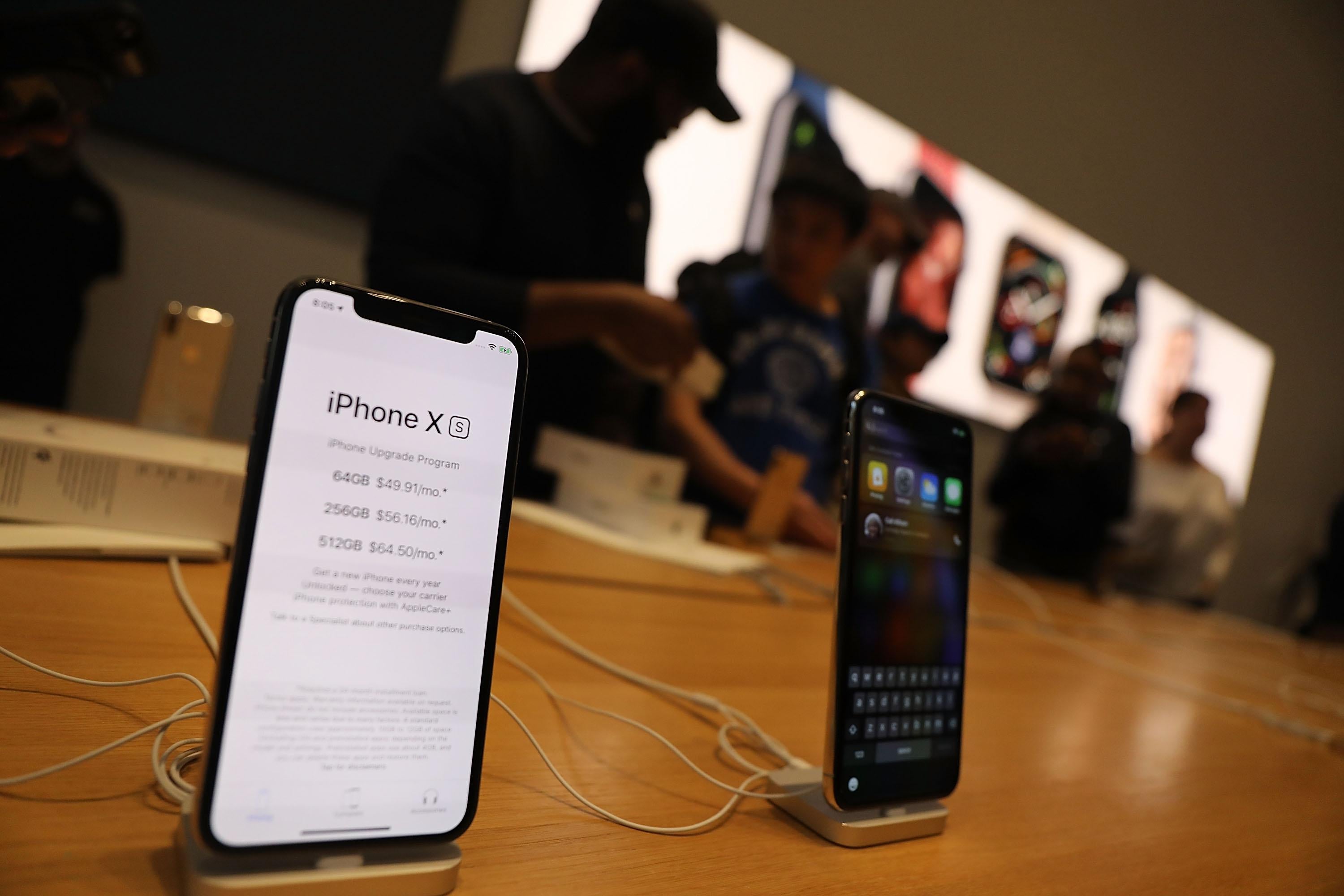You no longer have to be a Genius to fix an iPhone. In what appears to be major reversal, Apple announced Thursday that it wants to make it easier for independent electronics shops to fix broken iPhones. “To better meet our customers’ needs, we’re making it easier for independent providers across the US to tap into the same resources as our Apple Authorized Service Provider network,” Apple chief operating officer Jeff Williams said in a press release. Apple will now provide tools, guides, and trainings for repair shops that are not officially affiliated with the company. This is a win for the right-to-repair movement, which for years has been calling on Apple and other hardware companies to let third parties fix their devices.
“[The iPhone] is Apple’s most profitable product. It’s a big deal for Apple to be taking the step to sell parts directly to independent shops, and we’re applauding them for that move,” said Kyle Wiens, founder and CEO of the DIY electronics repair company iFixit.
In the past, Apple had all but required customers to visit an authorized service provider to get their phones fixed. The company wouldn’t distribute iPhone parts, making third-party repairs difficult if not impossible. Apple even sued an independent shop in Norway for using aftermarket iPhone screens, though the company lost the suit in 2018. Earlier this month, DIY technicians discovered that replacing the battery in an iPhone XR sets off a sensor that produces a service alert and hides battery health data, which advocates of the right-to-repair movement saw as a jab against people who weren’t going to authorized service providers. The Guardian similarly found in 2016 that iPhones could become inoperable by design if a third party tried to replace any parts affecting the device’s Touch ID or motherboard, though Apple noted that this was partly a measure to protect fingerprint data.
In states such as California, Apple has also been lobbying against right-to-repair legislation, which would in part require hardware companies to sell replacement parts and guides on how to fix their devices. Apple has contended that such a measure would threaten users’ safety and the company’s intellectual property.
The expansion of Apple’s repair program now allows independent electronics shops to have access to replacement parts, tools, and diagnostics software for iPhone repairs if at least one employee has completed the company’s free 40-hour online training course. (It used to be that shops would have to apply to be an official service provider and pay Apple a fee.)
One important caveat: The program will only help with “the most common out-of-warranty iPhone repairs,” which probably means that this only applies to simpler problems like battery and screen issues. The shops will likely not receive support for more complicated fixes. The shops will also have to return broken parts to Apple for refurbishment. Apple has been testing the new program with 20 independent businesses over the past year and will launch it first in the U.S. The new resources will eventually be available to third-party shops in other countries as well, though the company has not released a timeline for the international rollout.
While Apple may be putting more power in the hands of independent shops and consumers for fixing iPhones, the move still stops short of what advocates have been pushing for with right-to-repair laws. Consumers still won’t be able to directly access parts and repair information themselves; the shops still serve as a middleman. In this way, Apple isn’t going as far as Motorola, which last year became the first smartphone manufacture to sell DIY repair kits to its customers through a partnership with iFixit. Apple’s new resources also will only be helpful for fixing iPhones, not other devices like MacBooks, and the company states in an FAQ for the program that it “reserves the right to reject any application without comment.” Given the way that Apple has targeted independent repair shops in the past, this clause could allow the company to unfairly wield its power over smaller independent businesses.
For these and other reasons, Wiens believes that Apple’s latest step in the right direction doesn’t negate the need for legislators to put right-to-repair laws on the books. “Even if Apple had done everything we wanted in the right-to-repair laws, this is about the economy as a whole, not just about Apple,” said Wiens. “We need a legal baseline in place to make sure that for decades to come, we continue to have products that are responsibly designed and that are going to be able to be repaired by their owners.” It’s not sufficient to trust private companies to open up access to repair resources by themselves.
Future Tense is a partnership of Slate, New America, and Arizona State University that examines emerging technologies, public policy, and society.
